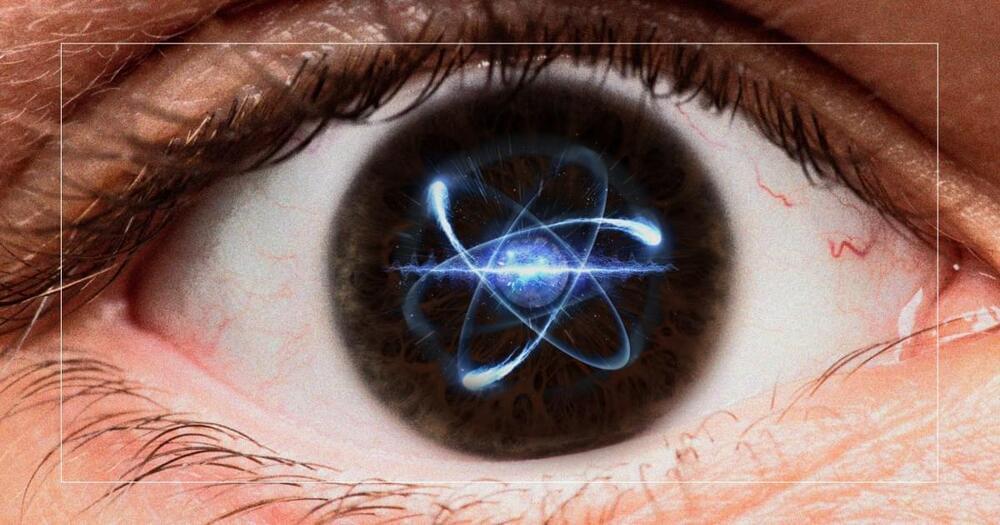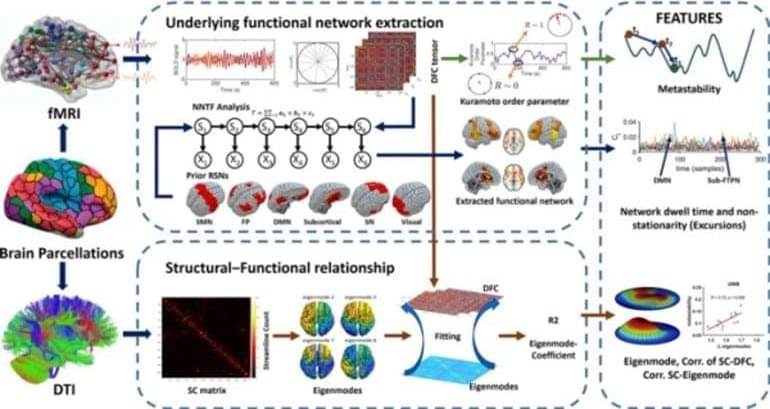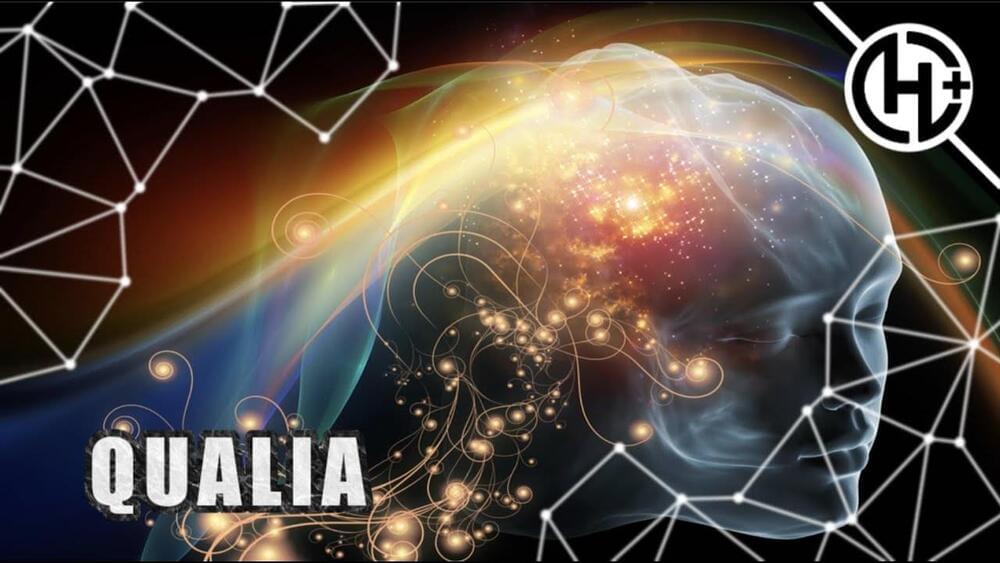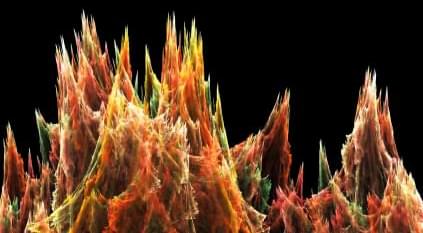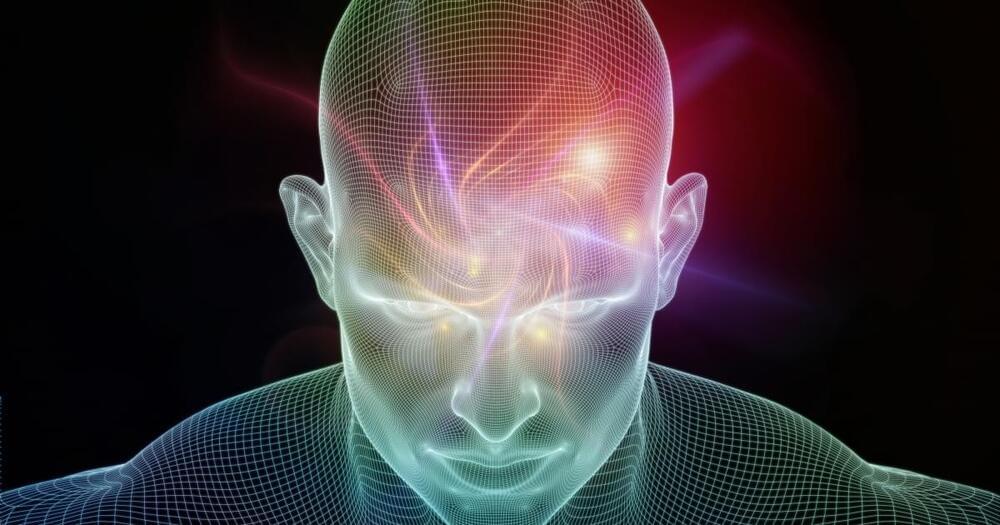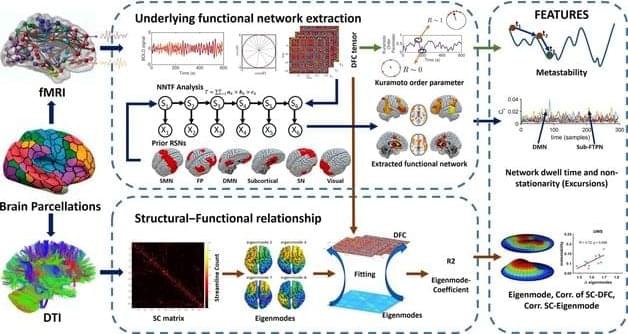Search results for 'a lifeboat for consciousness': Page 26
Sep 25, 2022
Where Does Consciousness Reside in the Brain? New Discovery Helps Pinpoint Its Location
Posted by Dan Breeden in category: neuroscience
Science may be getting closer to figuring out where consciousness resides in the brain. New research demonstrates the significance of certain kinds of neural connections in identifying consciousness.
Jun Kitazono, a corresponding author of the study and project researcher at the Department of General Systems Studies at the University of Tokyo, conducted the study, which was published in the journal Cerebral Cortex.
“Where in the brain consciousness resides has been one of the biggest questions in science,” said Associate Professor Masafumi Oizumi, corresponding author and head of the lab conducting the study. “Although we have not reached a conclusive answer, much empirical evidence has been accumulated in the course of searching for the minimal mechanisms sufficient for conscious experience, or the neural correlates of consciousness.”
Sep 25, 2022
Exploring the Mechanisms Underlying Disorders of Consciousness
Posted by Dan Breeden in categories: biotech/medical, neuroscience
Summary: Study reveals altered brain dynamics in those with unresponsive arousal syndrome, previously known as “vegetative state”, and in those with minimally conscious state.
Source: University of Liege.
A study by the Human Brain Project (HBP), led by scientists from the University of Liège (Belgium), has explored new techniques that may help distinguish between two different neurological conditions in patients with severe brain damage and or in a coma. The results of this study have just been published in open access in the journal eLife.
Sep 24, 2022
Marvin Minsky — Why is Consciousness so Mysterious?
Posted by Dan Breeden in categories: neuroscience, particle physics
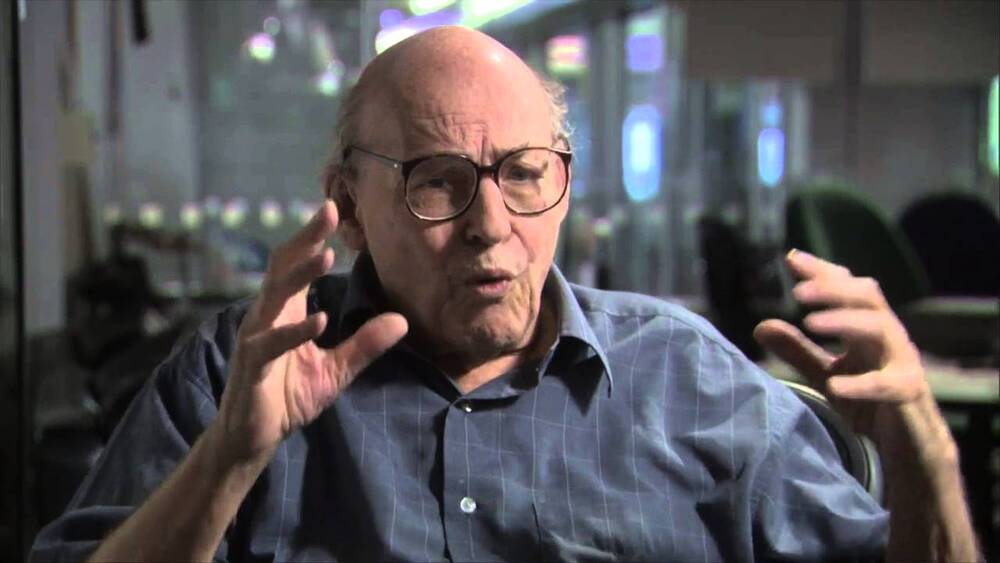
How can the mindless microscopic particles that compose our brains ‘experience’ the setting sun, the Mozart Requiem, and romantic love?
For all of our video interviews please visit us at www.closertotruth.com
Sep 21, 2022
Joscha Bach — From Computation to Consciousness
Posted by Dan Breeden in category: robotics/AI
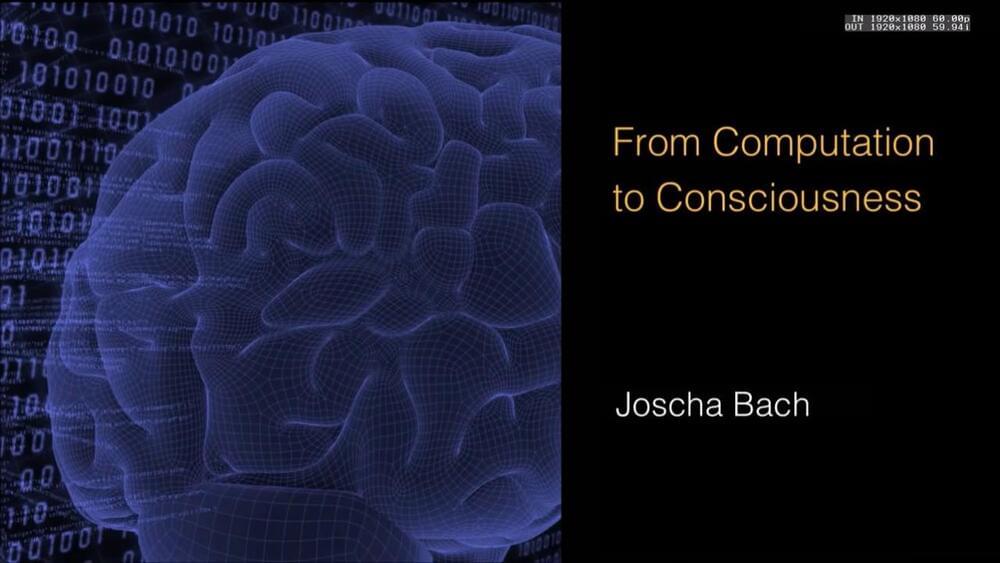
Dr. Joscha Bach (MIT Media Lab and the Harvard Program for Evolutionary Dynamics) is an AI researcher who works and writes about cognitive architectures, mental representation, emotion, social modeling, and multi-agent systems.
He is founder of the MicroPsi project, in which virtual agents are constructed and used in a computer model to discover and describe the interactions of emotion, motivation, and cognition of situated agents.
Continue reading “Joscha Bach — From Computation to Consciousness” »
Sep 14, 2022
Consciousness, Qualia, and Integrated-Information Theory (IIT)
Posted by Dan Breeden in categories: bitcoin, cryptocurrencies, neuroscience
Sep 13, 2022
Synchronous Brain Waves, Correlate of Consciousness
Posted by Jose Ruben Rodriguez Fuentes in category: neuroscience
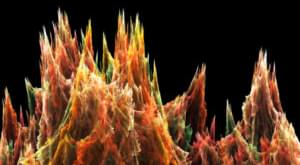
One of the major current theories of consciousness is that brain oscillations, also called brain waves, correlate with specific mental states. It is the synchronous waves from different regions, that is, those that are beating at the same rate, that are believed to be important for the connection of different brain regions. Brain waves have been observed for more than a hundred years, but it is still not clear exactly what they are and what they have to do with the function of the brain and the mind.
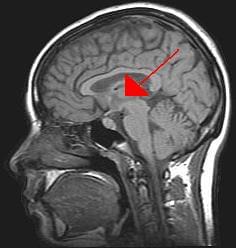 Oscillations in the brain occur because of an interplay between two forces, such as stimulation and inhibition. This dynamic can either come from two different cortical layers or a cortical and subcortical layer. Feedback properties affect the oscillations by either continuing the give and take of the two forces or changing them in various ways. Even with no outside input, the brain creates spontaneous oscillations; a well-known example is the one, connected to the thalamus and cortex, that occurs during sleep. Currently, it is believed that these oscillations help to synthesize and filter the previous day’s memories. While these oscillations are associated with sleep, most other brain oscillations are not clearly correlated with mental states.
Oscillations in the brain occur because of an interplay between two forces, such as stimulation and inhibition. This dynamic can either come from two different cortical layers or a cortical and subcortical layer. Feedback properties affect the oscillations by either continuing the give and take of the two forces or changing them in various ways. Even with no outside input, the brain creates spontaneous oscillations; a well-known example is the one, connected to the thalamus and cortex, that occurs during sleep. Currently, it is believed that these oscillations help to synthesize and filter the previous day’s memories. While these oscillations are associated with sleep, most other brain oscillations are not clearly correlated with mental states.
Sep 10, 2022
Ask Ethan: How do fundamental particles create consciousness?
Posted by Shubham Ghosh Roy in categories: neuroscience, particle physics
At a fundamental level, only a few particles and forces govern all of reality. How do their combinations create human consciousness?
Sep 7, 2022
The Horrible Truth About Consciousness | Blindsight
Posted by Dan Breeden in category: alien life
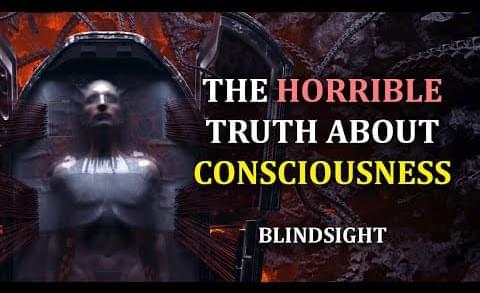
In this video we discuss The Blindsight by Peter Watts. It is a Science Fiction book about mankind’s first contact with alien life!
My New Sci-Fi Comic: https://www.quinnhoward.net/theliebehindthestar.
Continue reading “The Horrible Truth About Consciousness | Blindsight” »
Sep 3, 2022
HBP study explores mechanisms that underlie disorders of consciousness
Posted by Dan Kummer in categories: biotech/medical, neuroscience
One of the greatest challenges in the field of neurology and intensive care medicine is correctly diagnosing the level of consciousness of a patient in coma due to severe brain injury. Scientists of the Human Brain Project (HBP) now have explored new techniques that may pave the way to better tell apart two different neurological conditions.
Their findings, published in the journal eLife, reveal important information on the mechanisms of disorders of consciousness.
The team of researchers from University of Liège, GIGA Consciousness Research Unit and Coma Science Group and CHU de Liège (Belgium), Universitat Pompeu Fabra (Spain), Vrije Universiteit Amsterdam (Netherlands), and others, assessed brain functional network states as a marker of consciousness to potentially distinguish patients in the unresponsive wakefulness syndrome (UWS) and minimally conscious state (MCS).
